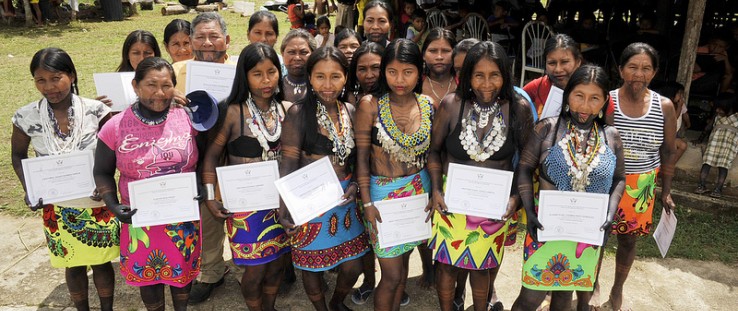 USAID en Comunidad Emberá-Wounaan
U.S. Embassy Panama
USAID en Comunidad Emberá-Wounaan
U.S. Embassy Panama
 USAID en Comunidad Emberá-Wounaan
U.S. Embassy Panama
USAID en Comunidad Emberá-Wounaan
U.S. Embassy Panama
In June, I joined the Panamanian first lady and minister of foreign affairs to formally announce the closure of our Panama mission. While closing a mission is never easy, I was honored and proud to do so. Because this is what USAID employees work toward every day. But, more importantly, it’s the development milestone that our partner countries strive to achieve—to reach the point where they can propel their own development without the need for foreign assistance.
As first lady Marta Linares de Martinelli proudly announced, “…the departure of USAID is a reflection of the progress that we have made in recent years. Thanks to our economic growth, we have distinguished ourselves as one of the leading countries in Latin America; a nation emerging with a focus on consolidating its development and even capable of offering assistance to neighboring countries.”
Indeed, with our departure, after 51 years of work in the country, Panama now joins the ranks of other stable and prosperous former recipients of USAID assistance such as Argentina, Chile, Costa Rica and Uruguay in this hemisphere, and South Korea, Taiwan, Poland and others in the rest of the world.
This is not to say that all of Panama’s development challenges have been met. No country can say that, including ours. But Panama now has the means and the capacity to solve its own development challenges.
I first visited Panama in 1988, around the time that the country’s military government ordered USAID’s temporary departure. The economy was stalled, and democracy was a mere aspiration. Today, because of sound economic management, Panama’s economy has been among the best performing in the world in recent years. In 2011, it grew by an estimated 10 percent. And inflows of foreign direct investment have soared.
The dynamic Panamanian private sector is creating jobs and, along with the government, helping improve the livelihoods for the poor. The official formal unemployment rate is just 4.2 percent. In the last 20 years, extreme poverty has fallen from 23 percent to 7 percent.
Health and education outcomes have also greatly improved. At 76 years, Panama’s life expectancy nears the global average for high-income countries. The fertility rate has dropped to 2.4 children per woman. And there is near-universal access to primary and secondary education.
I’ve also witnessed firsthand Panama’s impressive political transformation. Since its return to democracy in 1990, Panama’s elections have been free, fair and competitive. Civil society is robust, complementing government efforts and maintaining vigilance over official functions.
USAID has been honored to contribute to this remarkable progress. We opened our doors in 1962, only a few months after President John F. Kennedy created the agency. Through the decades, we upgraded housing, installed water and sewage systems, constructed over 100 schools, and built roads to link isolated communities to services and markets.
And our investments in agricultural research helped prepare Panama to be a net exporter of coffee, cacao and livestock.
In later years, we helped improve government efficiency and effectiveness, including setting up the new ministries of housing and agriculture and the National Mortgage Bank.
The centerpiece of our most recent efforts has been youth-focused crime prevention. Panama, like Mexico and the countries of the Central American isthmus, is facing a wave of narco-fueled organized crime. Our programs have helped bolster the resilience of communities on the frontlines of the violence.
We are especially proud of the legacy we are leaving behind in environmental conservation. Nearly 20 years ago, we partnered with the Government of Panama and The Nature Conservancy to create an ecological trust fund. Today, that fund’s investment portfolio generates sufficient annual income to cover its costs and support conservation projects.
Panama’s graduation from USAID’s assistance does not signal the end of our relationship with the great people of Panama. Rather, it opens the door for us to work together to address development problems in the rest of Latin America, the Caribbean and the globe.







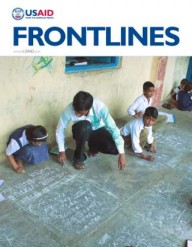

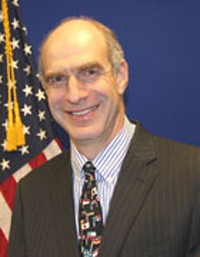
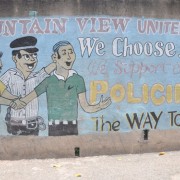
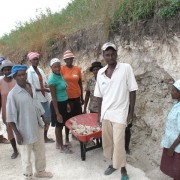
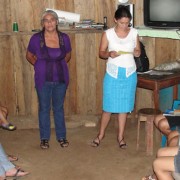
Comment
Make a general inquiry or suggest an improvement.